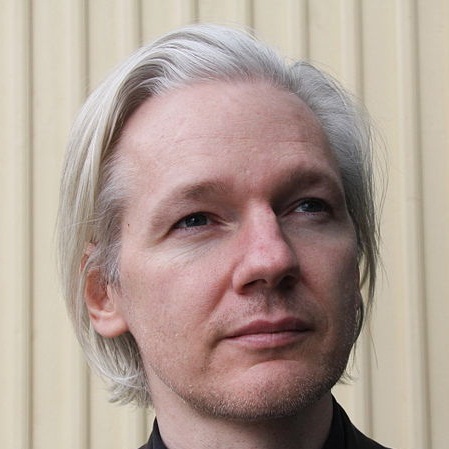US Begins Julian Assange Extradition Appeal

Lawyers for the United States tell the UK’s High Court that the judge who blocked Julian Assange extradition had been misled
The legal odyssey of Wikileaks co founder Julian Assange continues, as lawyers for the United States began their appeal on Wednesday against the ban on his extradition.
Lawyers for the US told the High Court that the judge who had blocked Julian Assange’s extradition in January this year, had been misled by his psychiatrist.
District Judge Vanessa Baraitser in London had blocked the US extradition request because of concerns over Assange’s mental health and risk of suicide in America.
![]()
US appeal
Assange is wanted by the US Justice Department, which has accused him of violating the Espionage Act, after he received top secret data (from Chelsea Manning) and unlawfully published the names of classified sources back in 2010 and 2011.
In August this year, Assange lost a legal battle to stop the US appeal, after a British judge ruled the United States could expand its extradition case against the Wikileaks co-founder.
The BBC has now reported that the American legal team has given the High Court four assurances that Assange would be treated humanely in the US.
The US legal team noted that district judge Vanessa Baraitser, who had imposed the extradition ban in January, had also said while publishing the classified military and government documents that Assange released arguably amounted to a crime, he could not be transferred to the US because he was unwell and could take his own life.
However, the US team (according to the BBC) said the evidence was wrong and the Wikileaks founder could even serve a prison sentence back home in Australia.
Judge misled?
James Lewis QC, representing the US, told the Lord Chief Justice and Lord Justice Holroyde the conclusion reached in January had been wrong on legal and evidential grounds.
Lewis reportedly said Assange’s psychiatrist had misled district judge Vanessa Baraitser, and the US had also not been given an opportunity to answer the judge’s concerns.
And Lewis told the High Court that Washington had now given four binding assurances as to how Assange would be treated in the US:
- The US would not impose a highly restrictive form of solitary confinement on Assange before or after trial – although it could do so if he committed a further offence
- Assange could apply to serve a sentence in Australia and the USA would agree to that transfer
- Prison authorities would ensure Assange would receive “any such clinical and psychological treatment” that prison clinicians recommended
- Finally, Assange would also not be sent to ADX Florence, the United States’ “supermax” isolated prison, reserved for the worst offenders.
“The assurances are clearing binding on the United States,” Lewis was reported by the BBC as saying.
“The district judge’s approach carries with it the risk of rewarding fugitives for their flight, and of creating an anomaly between the approach of the courts in domestic criminal proceedings, and in extradition,” said Lewis.
The hearing at the High Court is expected to end on Thursday and a decision will be made at a later date.
Mental health
Supporters and doctors have long campaigned for the release of Julian Assange on medical grounds.
In February 2020, 117 doctors from 18 nations penned an open letter to the medical journal ‘The Lancet’, in which they called for an end to what they described as “the psychological torture and medical neglect of Julian Assange”.
In November 2019, the Doctors for Assange group also expressed their concern for his welfare, saying he was so ill he could die.
They called for Assange to moved from Belmarsh high security prison to a university teaching hospital.
Supporter and former Baywatch star Pamela Anderson also in 2019 warned that the health of Assange was causing concern. She said that said that his life “was at risk” and he is “unhealthy” in captivity.